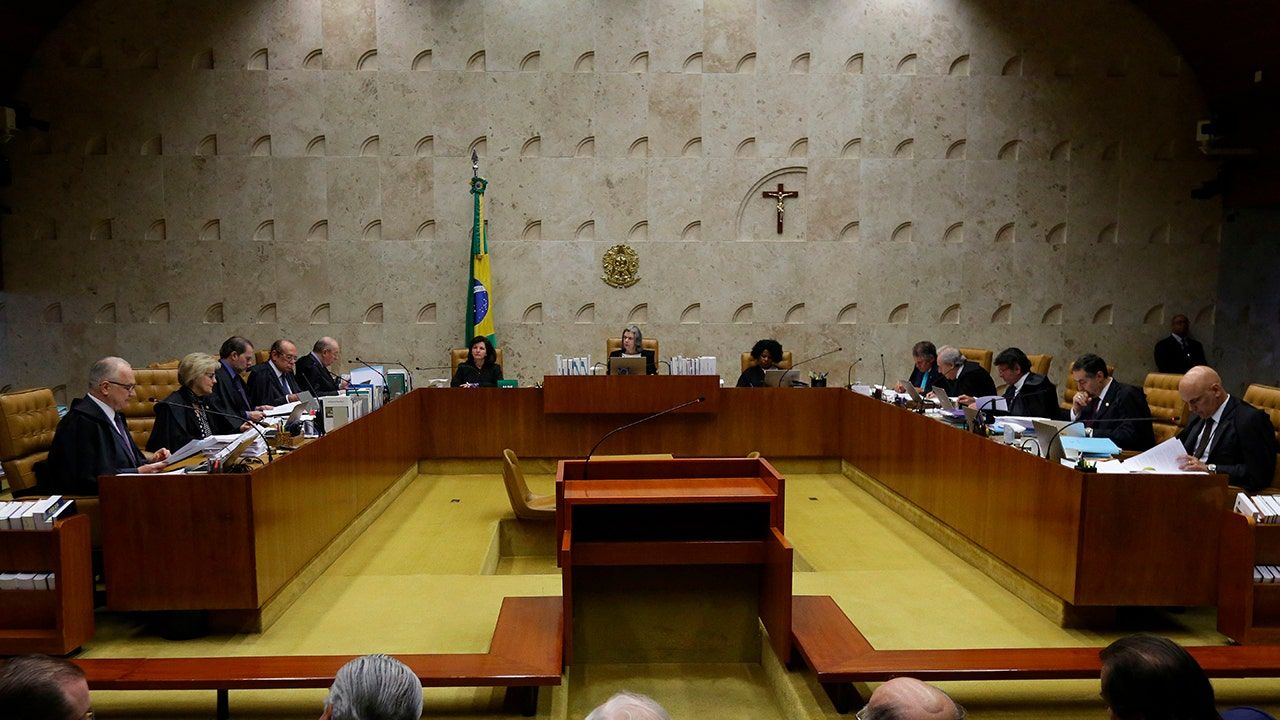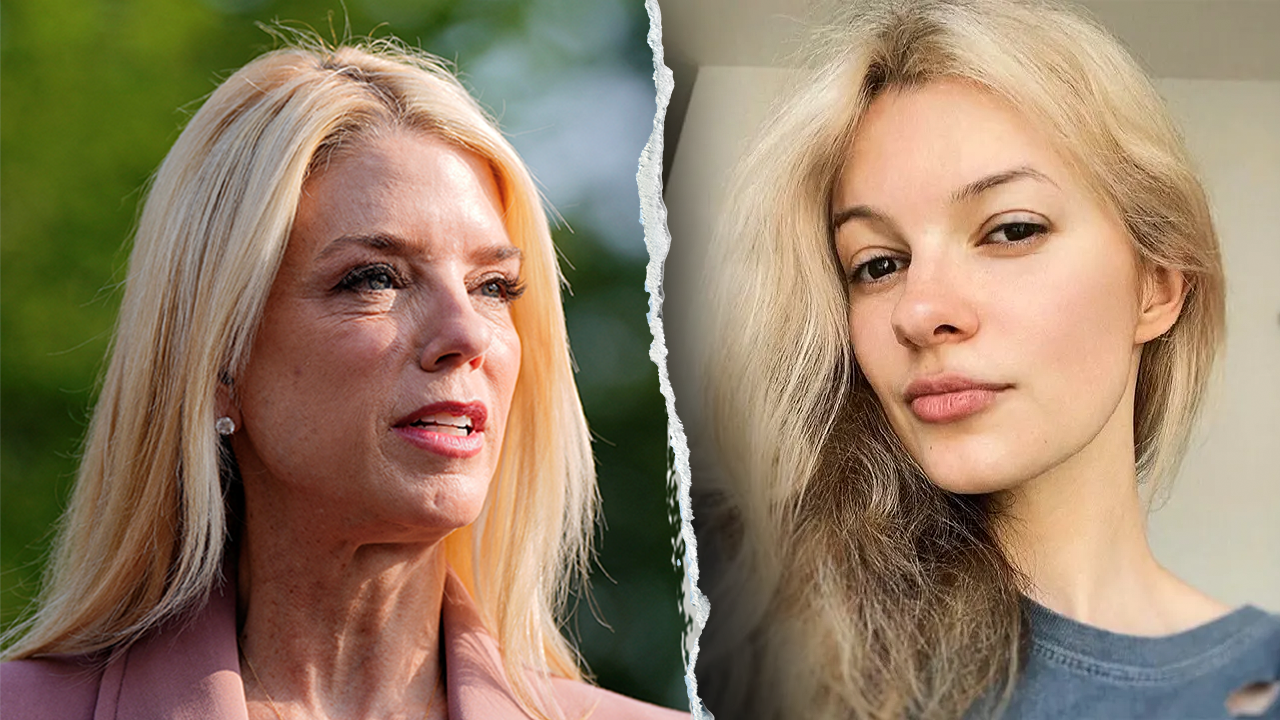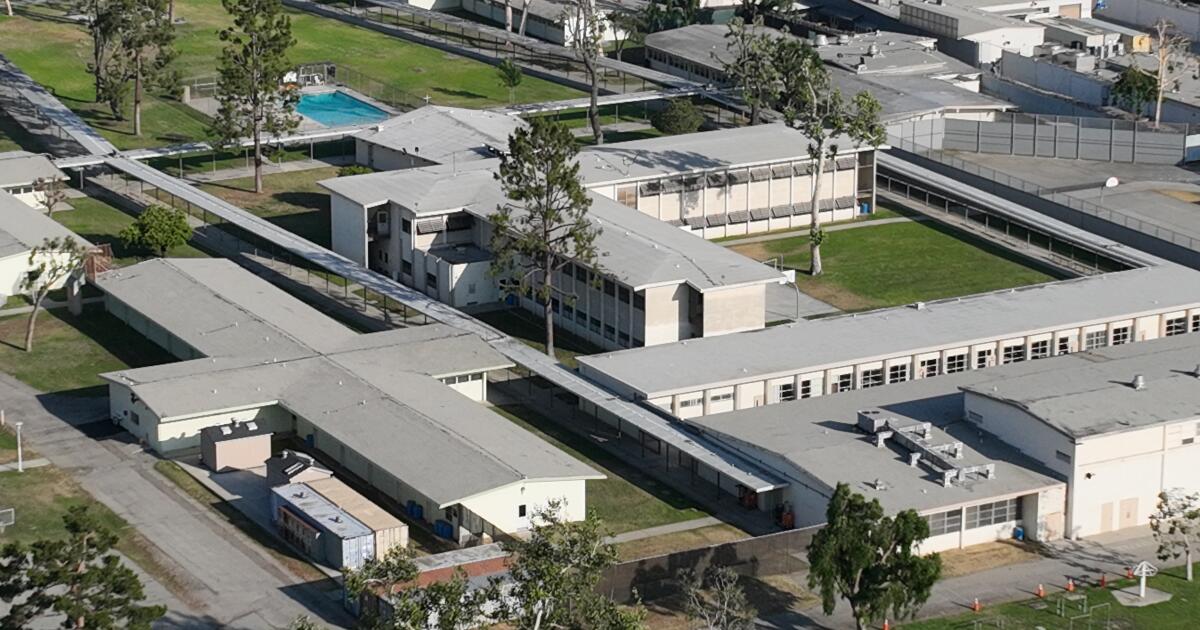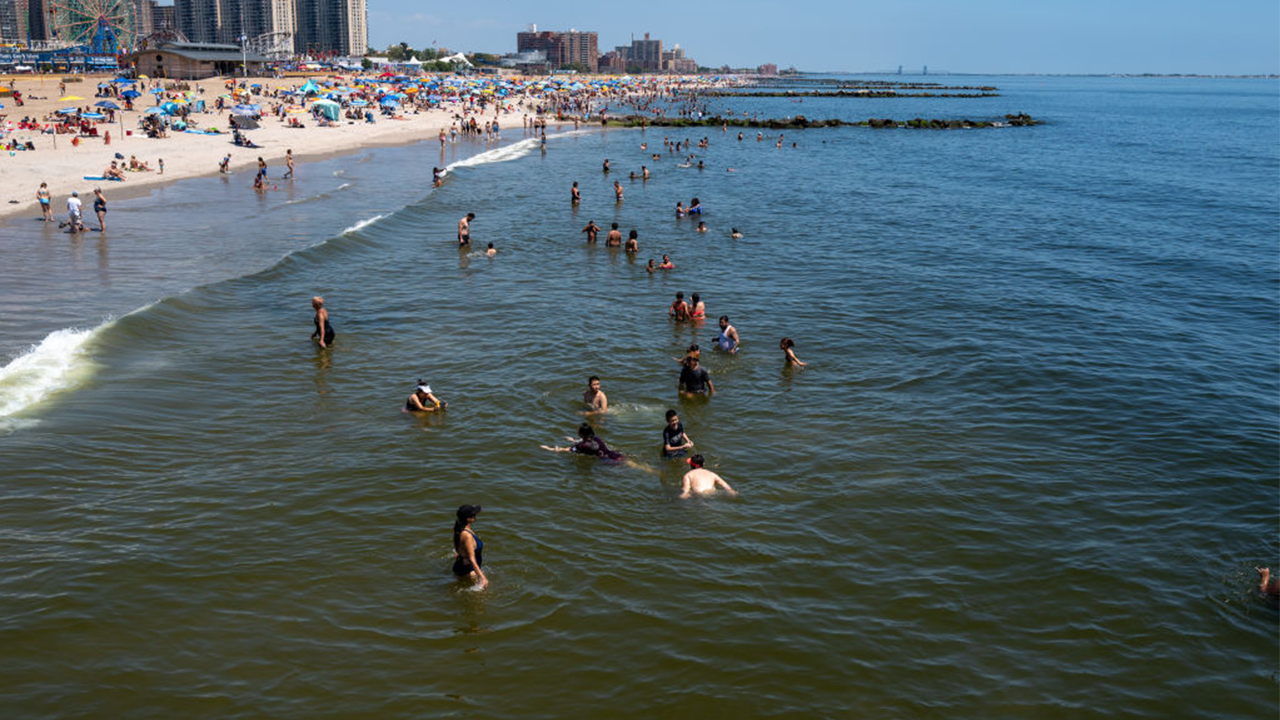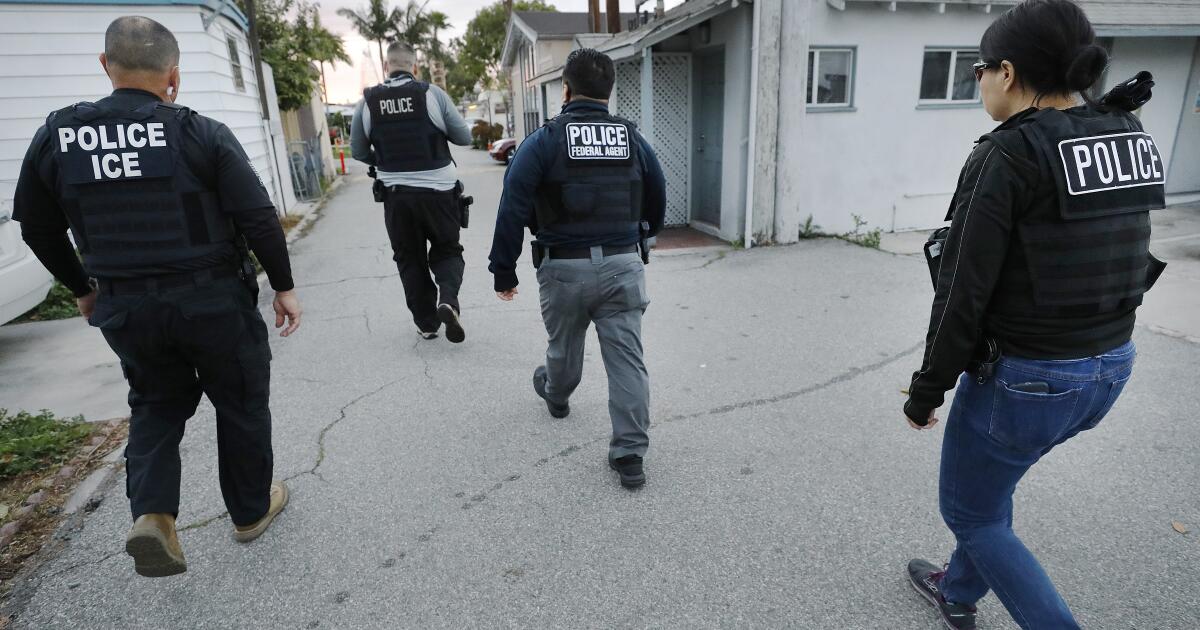Brazil's Supreme Court voted Tuesday to decriminalize the possession of marijuana for personal use, making the country one of the last in Latin America to do so, in a move that could reduce its huge prison population.
With final votes cast Tuesday, the majority of judges on the 11-person court voted in favor of decriminalization since deliberations began in 2015.
BRAZIL WILL DETERMINE IF COMPANIES CAN PLANT CANNABIS, POTENTIALLY OPENING THE PATH TO LEGAL CULTIVATION
The justices must still determine the maximum amount of marijuana that would be considered for personal use and when the ruling will take effect, which is expected to conclude on Wednesday.
Brazil's Supreme Court meets during the session on the corruption conviction of former Brazilian President Luiz Inácio Lula da Silva, in Brasilia, Brazil, on April 4, 2018. The Supreme Court decriminalized the possession of marijuana for personal use on Tuesday June 25, 2024. (AP Photo/Eraldo Pérez)
All of the judges who voted in favor said decriminalization should be restricted to possession of marijuana in quantities appropriate for personal use. The sale of drugs will remain illegal.
In 2006, Brazil's Congress passed a law that sought to punish people caught carrying small amounts of drugs, including marijuana, with alternative penalties, such as community service. Experts say the law was too vague and did not set a specific amount to help authorities and judges differentiate personal use from drug trafficking.
Police continued to arrest people transporting small amounts of drugs on trafficking charges, and Brazil's prison population continued to grow.
“The majority of those detained in preventive detention and convicted of drug trafficking in Brazil are first-time offenders, carrying small quantities of illicit substances, caught in routine police operations, unarmed and without evidence of any relationship with organized crime.” said Ilona Szabó, president of the Igarapé Institute, a think tank focused on public safety.
Congress has responded to the high court's ongoing deliberations by separately introducing a proposal to tighten drug laws, which would complicate the legal landscape surrounding marijuana possession.
In April, the Senate approved a constitutional amendment that criminalizes the possession of any amount of an illicit substance. The lower house constitutional committee approved the proposal on June 12 and it will have to go through at least one other committee before being voted on in the plenary session.
If lawmakers approve such a measure, the legislation would take precedence over the high court ruling but could still be challenged on constitutional grounds.
Speaking to reporters in the capital Brasilia, Senate President Rodrigo Pacheco said it is not up to the Supreme Court to issue a decision on the matter.
“There is an appropriate path for this discussion to move forward and that is through the legislative process,” he said. “It is something that obviously raises a lot of discussion and is a matter of concern to Congress.”
Last year, a Brazilian court authorized some patients to grow cannabis for medical treatments after the health regulator in 2019 approved guidelines for the sale of medicinal products derived from cannabis. But Brazil is one of the few countries in Latin America that has not decriminalized the possession of small amounts of drugs for personal use.
The Supreme Court ruling has long been sought by activists and legal experts in a country where the prison population has become the third largest in the world. Critics of current legislation say users caught with even small amounts of drugs are regularly convicted on trafficking charges and locked up in overcrowded jails, where they are forced to join prison gangs.
“Today, trafficking is the main vector of incarceration in Brazil,” said Cristiano Maronna, director of JUSTA, a civil society group focused on the justice system.
Brazil ranks behind the United States and China as the country with the largest prison population, according to World Prison Brief, a database that tracks such figures.
Some 852,000 people were deprived of liberty in Brazil until December 2023, according to official data. Of them, almost 25% were arrested for drug possession or trafficking. Brazilian prisons are overcrowded and black citizens are disproportionately represented: they make up more than two-thirds of the prison population.
A recent study by Insper, a Brazilian research and education institute, determined that black individuals found by police with drugs were slightly more likely to be charged as traffickers than white individuals. The authors analyzed more than 3.5 million records from the Sao Paulo public security secretariat from 2010 to 2020.
“An advance in drug policy in Brazil! It is a question of public health, not of security and imprisonment,” wrote leftist congressman Chico Alencar in X after the ruling.
By contrast, Gustavo Scandelari, a specialist in Brazil's criminal code at the law firm Dotti Advogados, said he does not expect the ruling to produce a significant change from the status quo, even after the top court sets a maximum amount. of marijuana for personal use. . Scandelari argued that the amount will continue to be a determining factor in whether authorities consider a person a merchant or a user, but not the only one.
Some Brazilians, like 47-year-old Rio de Janeiro resident Alexandro Trindade, have been upset that the Supreme Court decriminalizes marijuana and Congress pushes to keep it illegal.
“The Supreme Court is not the right place (for such a decision). This should be submitted to a plebiscite for the people to decide,” Trindade said. “Both the Supreme Court and Congress have been very opposed to society on this.”
As in other countries in the region, such as Argentina, Colombia and Mexico, in Brazil the medicinal use of cannabis is allowed, although in a very restricted way.
Uruguay has fully legalized the use of marijuana and in some US states adult recreational use is legal. In Colombia, possession has been decriminalized for a decade, but a law to regulate the recreational use of marijuana so it can be sold legally failed to pass the Senate in August. Colombians can carry small amounts of marijuana, but selling it for recreational purposes is not legal.
The same happens with Ecuador and Peru. Both distribution and possession remain illegal in Venezuela.
CLICK HERE TO GET THE FOX NEWS APP
Argentina's Supreme Court ruled in 2009 that it was unconstitutional to penalize an adult for using marijuana if it does not harm others. But the law has not changed and users continue to be detained, although most cases are dismissed by judges.
Uruguay became the first country to legalize marijuana for recreational use in 2013, although it was not implemented until 2017. The entire Uruguayan industry, from production to distribution, is under state control and registered users can purchase up to 40 grams of marijuana per month through pharmacies.

